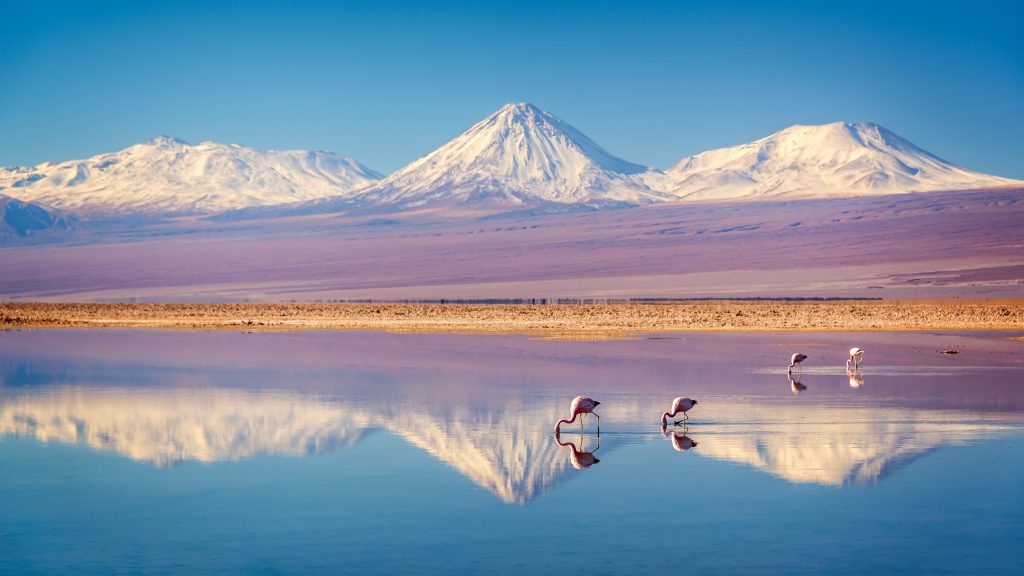Chile’s constitution drafters want to annul mining concessions on indigenous lands

A proposal to suspend Chilean mining and forestry concessions that infringe on indigenous land was approved in the first instance by a committee as part of the drafting of a new constitution in the world’s top copper supplier and No. 2 lithium producer.
The motion is one one of the first flash-points between a society looking to enshrine environmental and social issues in the magna carta and natural resource industries struggling to meet rising demand for the building blocks of a cleaner economy. The constitutional process is shaping up as one of the biggest threats to production since Chile’s emergence as a major mineral producer.
Members of the environmental committee voted 13 in favor and four against on a plan to annul concessions granted without prior consent of indigenous groups, according to a document posted on the constitutional assembly’s website. Permits could be reinstated if communities agree after a consultation period.
Related read: Mining firms seek ‘stability’ for sector in new Chilean constitution
While the proposal still requires final approval by the committee and by two thirds of the full constitutional assembly, it could trigger a technically difficult inventory of native territories. There may be even greater implications for Chile’s booming forestry industry given much of the plantations are on land that Mapuche groups claim was acquired under shady circumstances during the dictatorship of Augusto Pinochet in the 1970s.
Deliberations on a charter to replace the one that dates back to the dictatorship have begun in earnest. Other proposals include setting time limits on concessions, with the copper industry pushing hard to retain the indefinite concession model, which it says is critical for long-term planning that underpins investments.
The document, which has to be ratified in a referendum, will help determine how much of the world’s biggest copper and lithium reserves will be tapped in the coming years as the world tries to wean itself off fossil fuels.
(By Valentina Fuentes and James Attwood)
{{ commodity.name }}
{{ post.title }}
{{ post.date }}




Comments